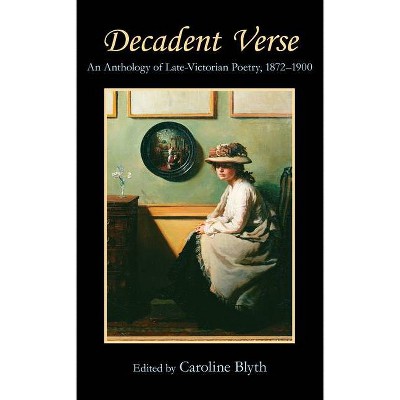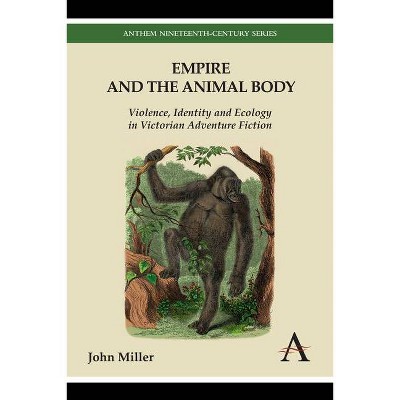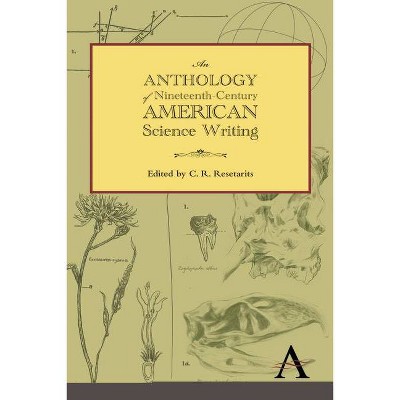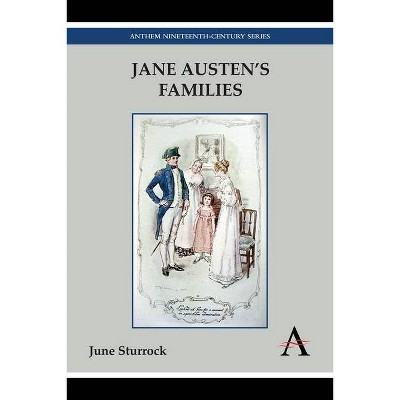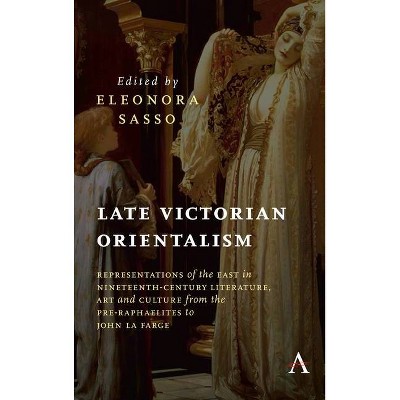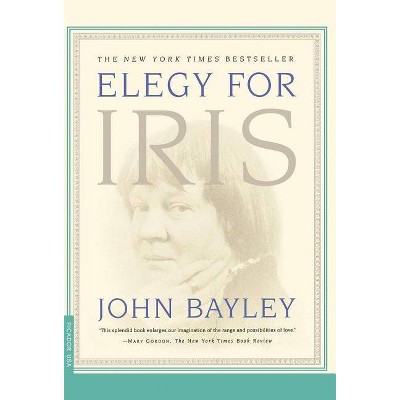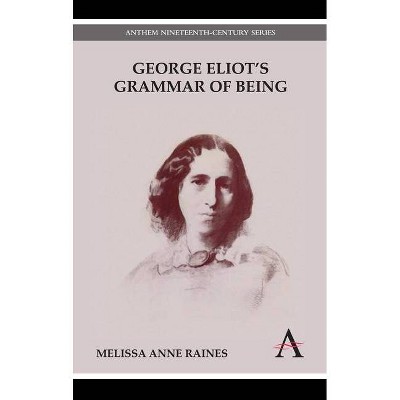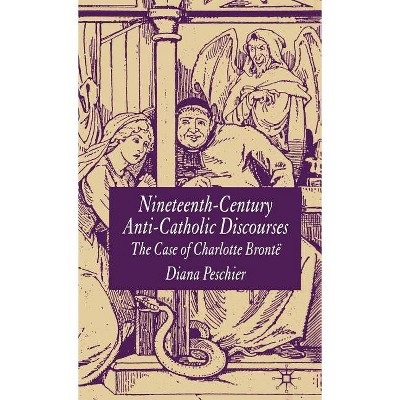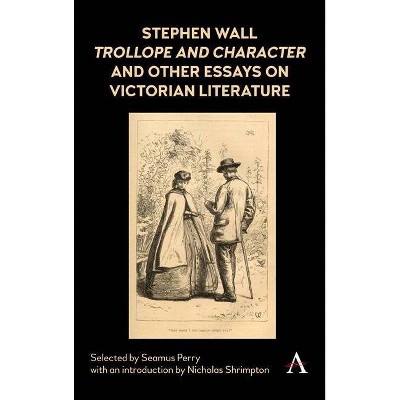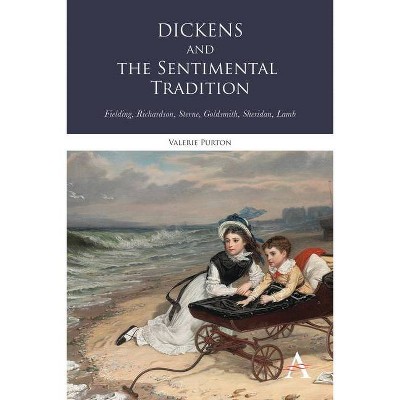Elegy for an Age - (Anthem Nineteenth-Century) Annotated by John D Rosenberg (Paperback)
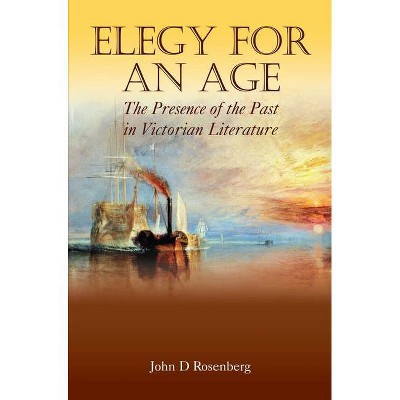
Similar Products
Products of same category from the store
AllProduct info
<p/><br></br><p><b> About the Book </b></p></br></br><p>A magisterial study of the Victorian longing for the past in the face of a turbulent present.</p><p/><br></br><p><b> Book Synopsis </b></p></br></br><p>In an age of radical transformation, the Victorians were caught between a vanishing past and an uncertain future. In the face of such a dizzying present, connecting with their past became for the Victorians a kind of survival strategy - this nostalgia took forms as diverse as their obsession with history and origins; the religious revivalism of the Oxford Movement; and the new Houses of Parliament, built in 1834, whose design looked longingly back to the Middle Ages.</p> <p>This rich and elegant work describes how the unsettled cultural climate provided fertile soil for the flourishing of elegy. John Rosenberg shows how the phenomenon of elegy pervaded the writing of the period, tracing it through the voices of individuals from Carlyle, Tennyson, Darwin and Ruskin, to Swinburne, Pater, Dickens and Hopkins. Finally, he turns from particular elegists to a common experience that touched them all - the displacement of the older idea of the earthly city as a New Jerusalem by the rise of a new image of the Victorian city as an industrial Inferno, a wasteland of sprawling towns and of rivers so polluted they caught on fire. This beautifully written meditation provides a vivid, compelling and authoritative portrait of an era that, in the face of an exhilarating and menacing present, longingly embraced the stability and comfort of a past both real and imagined.</p><p/><br></br><p><b> From the Back Cover </b></p></br></br>Now, in his magnum opus, John D Rosenberg gives us an overview, showing that the great Victorians were so disoriented and frightened by the pace of change around them that they ached back in beautiful elegies to the world that was disappearing. It is our story, too.' Prof. Garry Wills, Pulitzer Prize winner and Professor of History at Northwestern University 'Rosenberg's Elegy for an Age gathers together some of his best work to form a moving, elegiac reflection on writers themselves caught in a sense of time passing or past ... these are essays to return to, themselves classics of prose criticism.' Prof. Elizabeth Helsinger, Chair, Department of English, University of Chicago In an age of radical transformation, the Victorians were caught between a vanishing past and an uncertain future. In the face of such a dizzying present, connecting with their past became for the Victorians a kind of survival strategy - this nostalgia took forms as diverse as their obsession with history and origins; the religious revivalism of the Oxford Movement; and the new Houses of Parliament, built in 1834, whose design looked longingly back to the Middle Ages. This rich and elegant work describes how the unsettled cultural climate provided fertile soil for the flourishing of elegy. John Rosenberg shows how the phenomenon of elegy pervaded the writing of the period, tracing it through the voices of individuals from Carlyle, Tennyson, Darwin and Ruskin, to Swinburne, Pater, Dickens and Hopkins. Finally, he turns from particular elegists to a common experience that touched them all - the displacement of the older idea of the earthly city as a New Jerusalem by the rise of a new image of the Victorian city as an industrial Inferno, a wasteland of sprawling towns and of rivers so polluted they caught on fire. This beautifully written meditation provides a vivid, compelling and authoritative portrait of an era that, in the face of an exhilarating and menacing present, longingly embraced the stability and comfort of a past both real and imagined.<p/><br></br><p><b> Review Quotes </b></p></br></br><br><p> ''Elegy for An Age' is best read as a series of intense engagements with the literary past that also constitute a retrospective of a distinguished career.' --Paul Lincoln Sawyer, 'Modern Philology'</p><br><br><p> 'John D Rosenberg devotes his principal energies to an exploration of the elegy as an instrument for the expression of personal loss.' --'Dickens Quarterly'</p><br><br><p>'An inventive and spirited book, with many brilliant pages which any student of Victorian culture would do well to ponder.' --Roger Ebbatson, 'The Tennyson Research Bulletin'</p><br><br><p>'Recommended.' --R. E. Wiehe, emeritus, University of Massachusetts at Lowell, in 'Choice'</p><br><p/><br></br><p><b> About the Author </b></p></br></br><p>John D. Rosenberg is William Peterfield Trent Professor of English at Columbia University of New York. He has received numerous awards and fellowships, including American Council of Learned Societies, Guggenheim and NEH fellowships. Among many works and editions, he has written 'The Darkening Glass, on Ruskin' (Columbia University Press, 1961); and 'Carlyle and the Burden of History' (Harvard University Press, 1985).</p>
Price History
Price Archive shows prices from various stores, lets you see history and find the cheapest. There is no actual sale on the website. For all support, inquiry and suggestion messages communication@pricearchive.us
